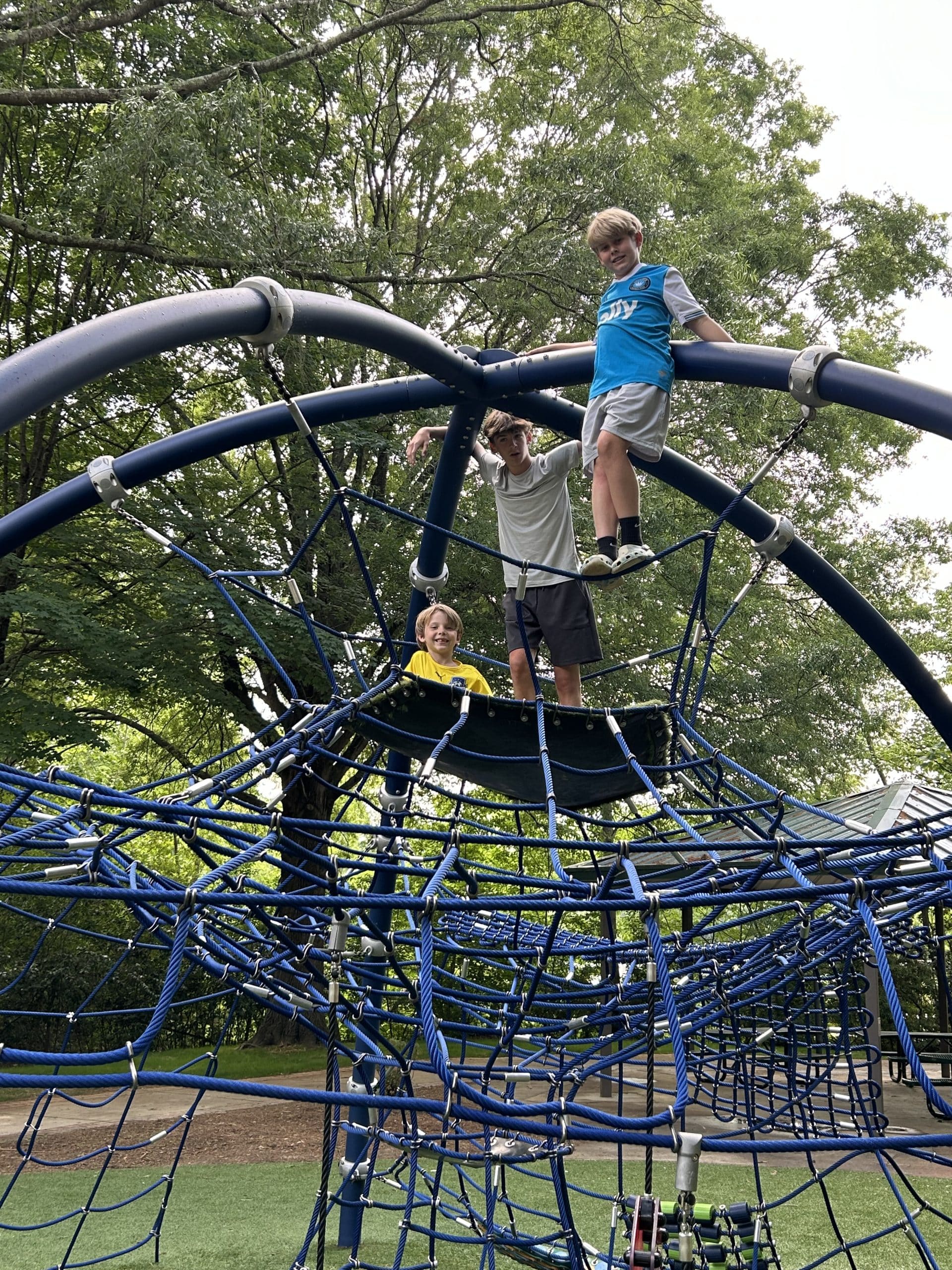Noncompliant children and students require constant attention and reminders. Plus, they are difficult to work with in the classroom as well as the home front. Students are noncompliant when they are defiant, off task and/or ignore rules. They find ways to make teaching or listening difficult. And, they lack the motivation to learn. Therefore, they create a negative climate in school as well as at home. And, if the behavior is addressed the wrong way, results are ineffective or escalate the defiant behavior.

Reasons for Noncompliant Behavior
Students are noncompliant for a multitude of reasons.
• They seek attention from teachers, peers or parents.
• The student must feel significant.
• Students and/or children are in an avoidance mode.
• They enjoy the power struggle.
The easiest way to help defiant students/children is to calmly work in a way that respects his/her need to feel important. However, he/she must learn that there is a need to respect the rules. Regardless, their actions must not lead them to think that you do not care about them. They must feel they are part of the classroom or environment. In addition, they need to know they are doing well and they are improving academically.
What To Do
Pay attention to what is happening. And, after a defiance incident occurs, analyze what happened before hand. There are several ways to handle the defiant person.
- Be brief in speaking. And, avoid lectures and sarcasm.
- Speak calmly and matter-of-factly. Don’t let your blood pressure rise.
- Use short direct statements.
- Avoid questions (unless you will accept any answer).
- Keep your body language neutral.
- Do not negotiate. It will only invite further encounters.
- Customize the assignments to meet student needs (differentiated instruction)
Try to build a relationship with a student that is defiant. They must feel that you care and recognize they are part of the school community. The reinforcement of their efforts must be acknowledged and praised. Therefore, find an interest and build on it. Lastly, find the root of the problem. And, determine if there is a diagnosis of the student.
![]()



